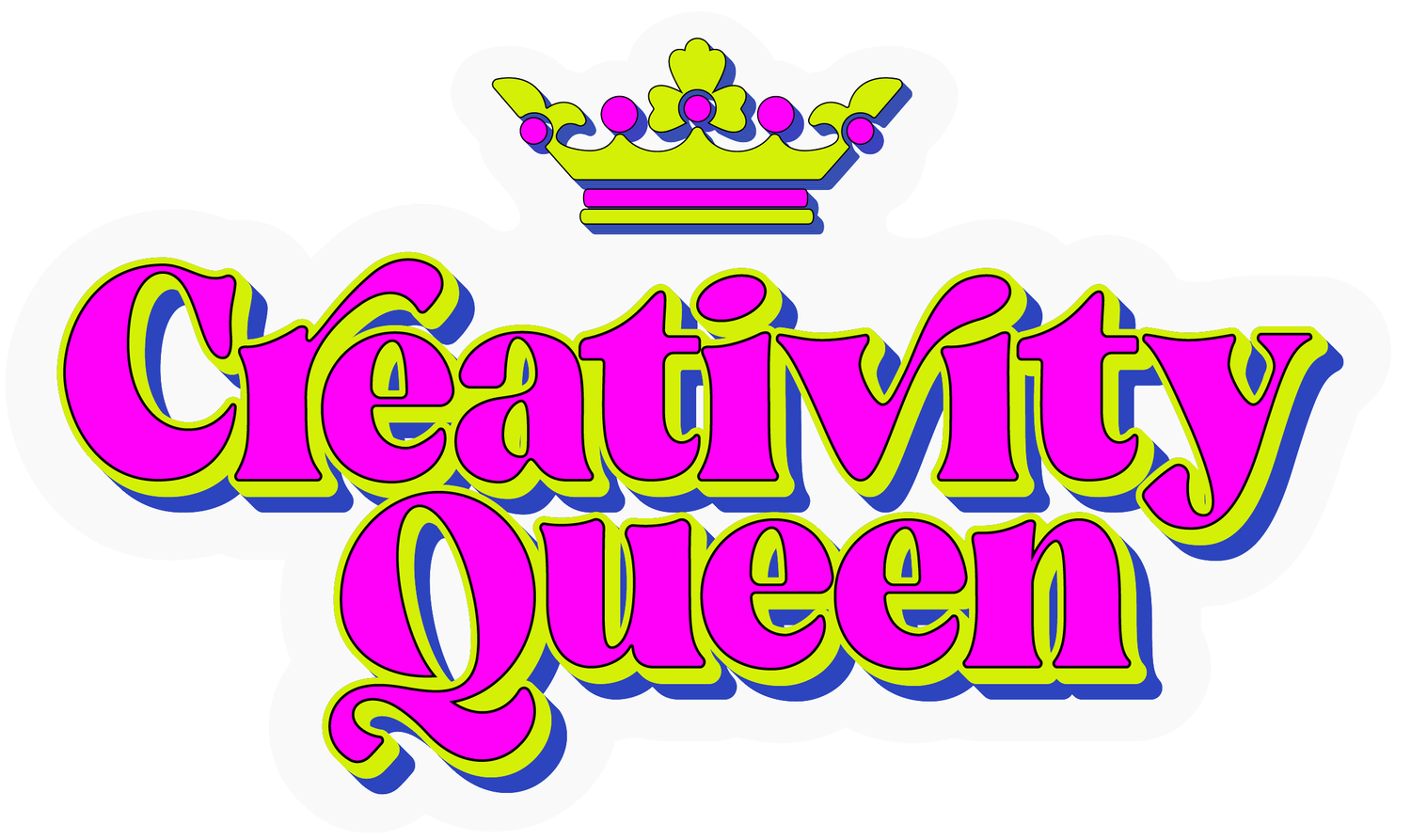Want a Happy Child? Positive Psychology & Creative Gratitude Strategies to Reduce Depression
children playing
What are your thoughts on happiness? It seems like you either have it or you don't, and as a society we are continually pursuing it. Heck, it's even a constitutional right here in the U.S. as decreed in the Declaration of Independence.
These days Happiness is a Hot Topic in therapeutic research and for those whose lives are impacted by mood disorders and depression there are some hopeful findings. Interestingly enough the research on Positive Psychology (yes, the study of happiness) suggests focusing on our strengths and giving gratitude daily can reduce symptoms of depression and long-term change. Now that is something to be very grateful for!
Positive Psychology is the study of mental well-being encompassing positive emotions, and character traits (Park et al., 2005). The research offers some insight into happiness and how much we control we have over our happiness. David Lykken studied 4,000 sets of twins to determine how genetic influence happiness. Lykken concluded 50% of our happiness comes from genetic predisposition. Only 8% of circumstantial factors (life events) influence an individual’s well-being.
Gratitude appears to be linked to happiness and quality of life. Research by Sonja Lyubomirsky suggests doing five acts of kindness increased overall happiness. Robert Emmons found gratitude exercises improved health and energy levels, especially for those with neuromuscular disease (Wallis, 2005). Martin Seligman and his colleagues (Park et al., 2005) studied positive psychology interventions using the internet to collect data. They presented one of five exercises to participants and one placebo (or fake intervention).The five exercises were:
gratitude visit (write and deliver a letter of thanks),
three good things in life (document three positive experiences daily),
you at your best (write about a time they were at their best),
using signature strengths in an new way (using top five strengths identified on inventory of character strengths in a new way),
identifying signature strengths (take the survey of character strengths),
and the placebo intervention: early memories (write about earliest memories).
child and art
The results suggest that two interventions reduced depressive symptoms and increased happiness for six months, using your signature strengths in a new way and three good things.
The gratitude visit caused a spike in positive change for one month, however within three months participants resumed their baseline status.
Notably, those who participated in three good things saw an increase in positive affect at the one-month follow-up and they maintained this positive affect at the six-month follow-up.
In addition, using signature strengths in a new way yielded long-term change in affect at the six-month follow-up, but immediate effects were not as pronounced as three good things.
So what can you take away from this article and apply in your own life? Happiness is not "fixed" or genetically based; so you can increase your happiness and there are some specific strategies you can use such as learning what your signature strengths are and using them in a new and novel way.
Also, a very simple tool of three good things in life, documenting three positive experiences daily, may reduce symptoms of depression. You can use art and art therapy practices to help reduce depression and increase happiness by creating a a daily gratitude practice. Write in a journal, ask your children to name three good things at dinnertime or bedtime, create an art journal and draw, paint, or collage images of three good things that happen each day.
Create a gratitude box and each day add words, objects, and images to it and when you are feeling down go back and look at what you added to the box. Document three good things with your camera each day and if you have a social media page start a daily gratitude post or share a daily gratitude picture. Do this daily and see how it impacts your mood over the next 3-months.
Of course, if you or your child has any symptoms of depression or concerns please seek out the support of a professional immediately. Want to boost your mood and need some more support? Schedule a complimentary phone consultation to learn more.


